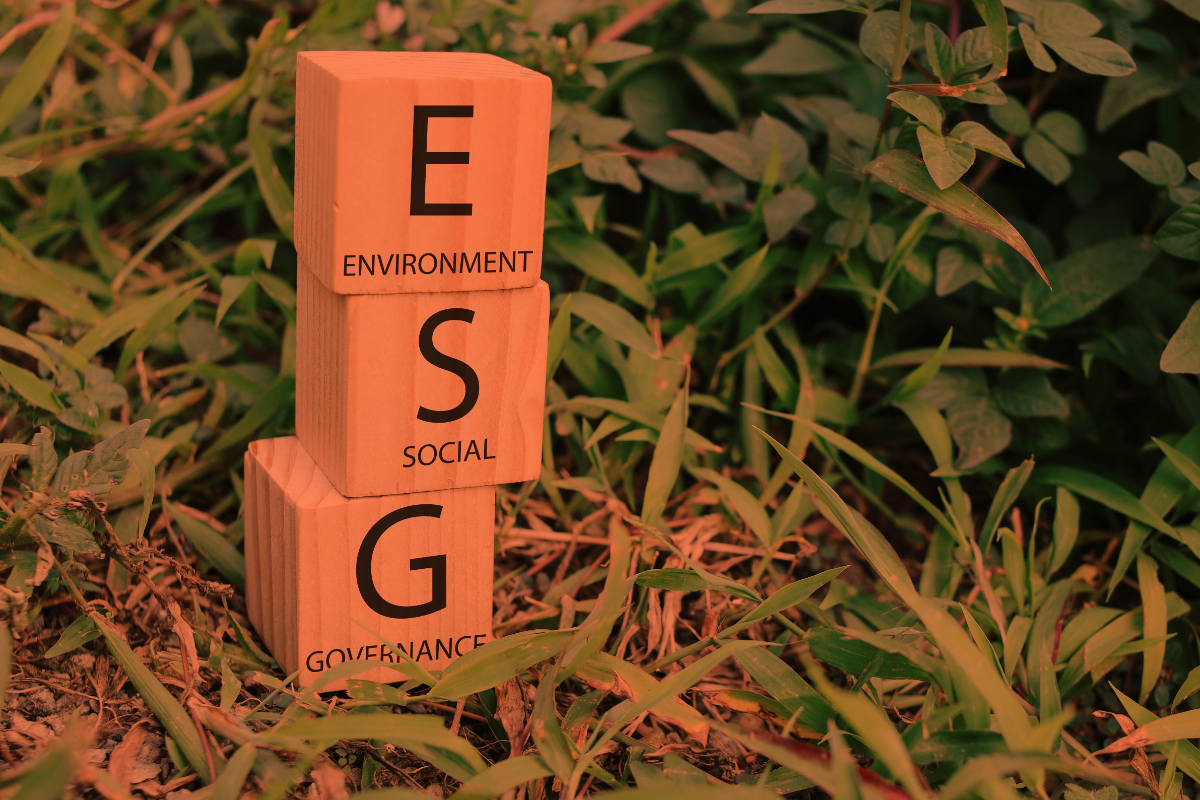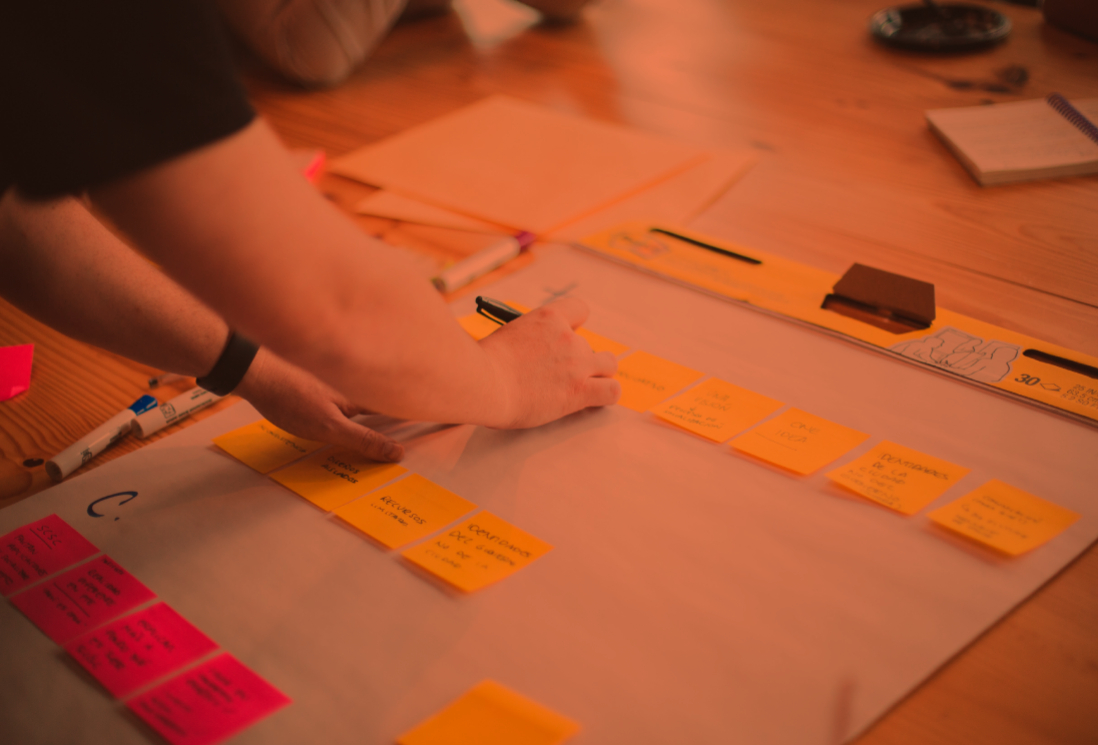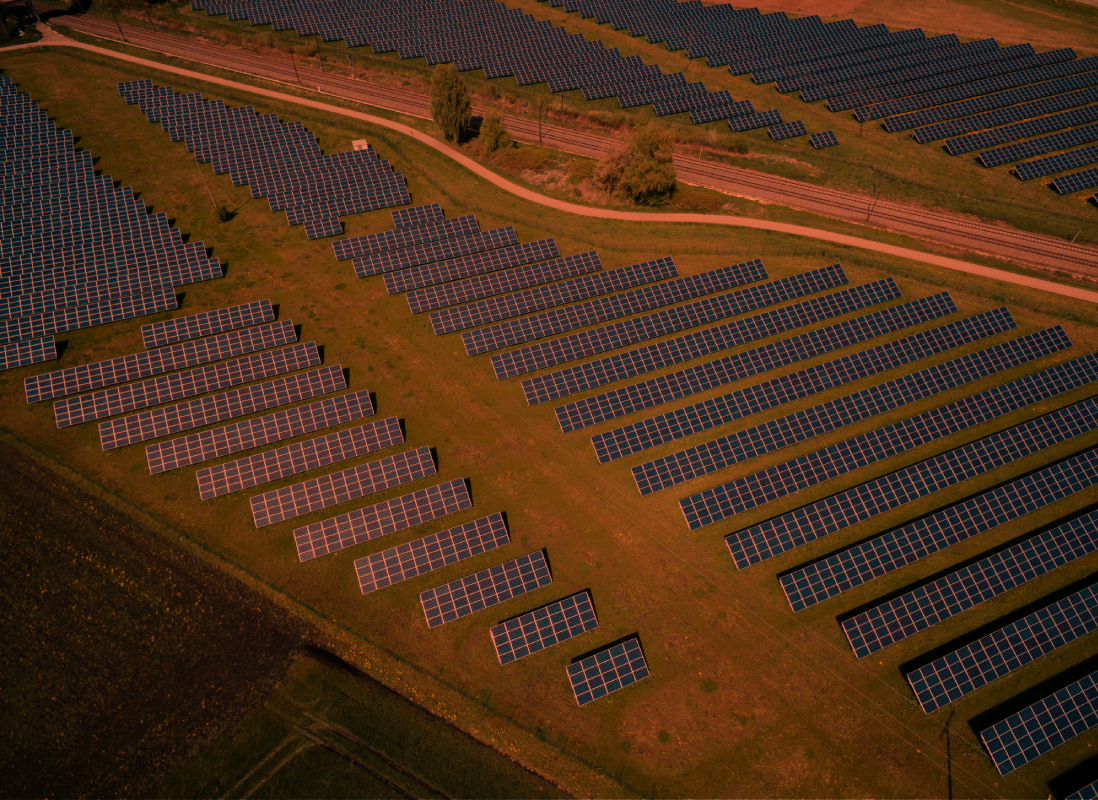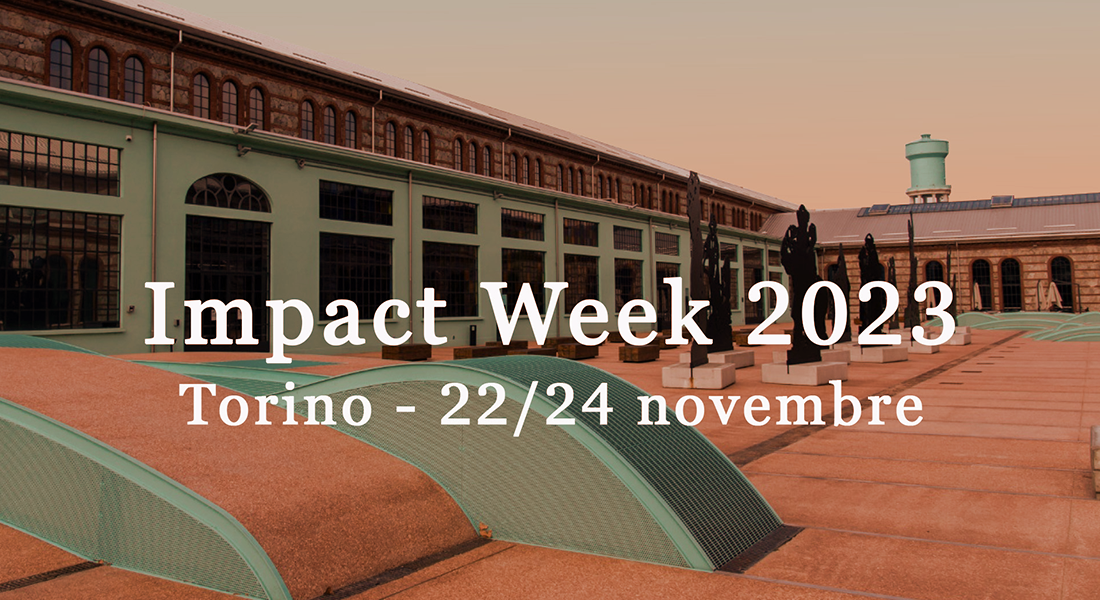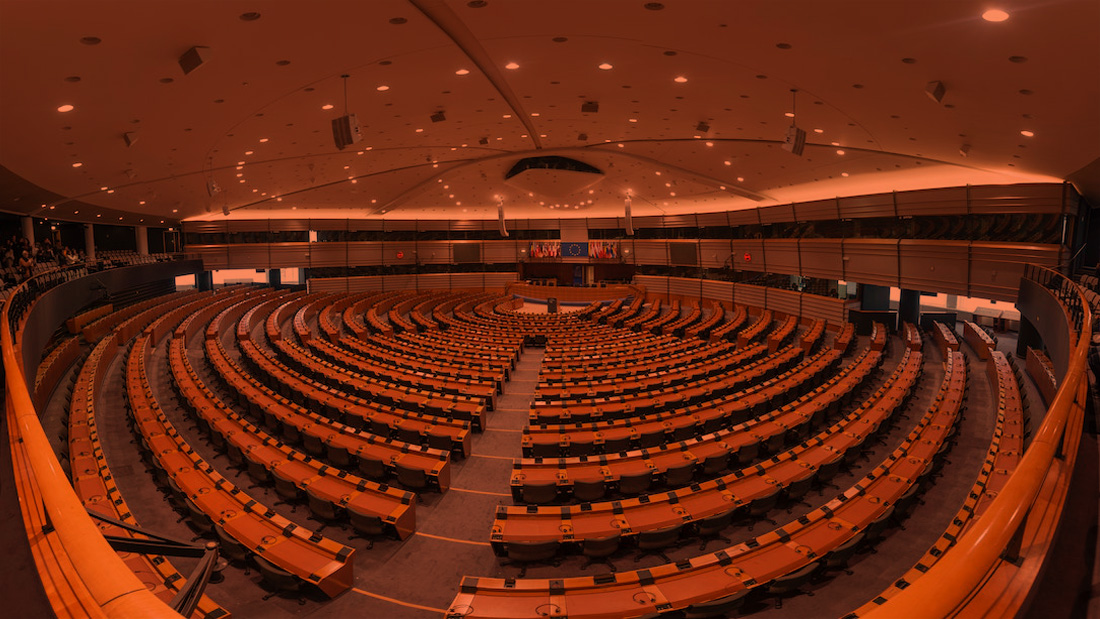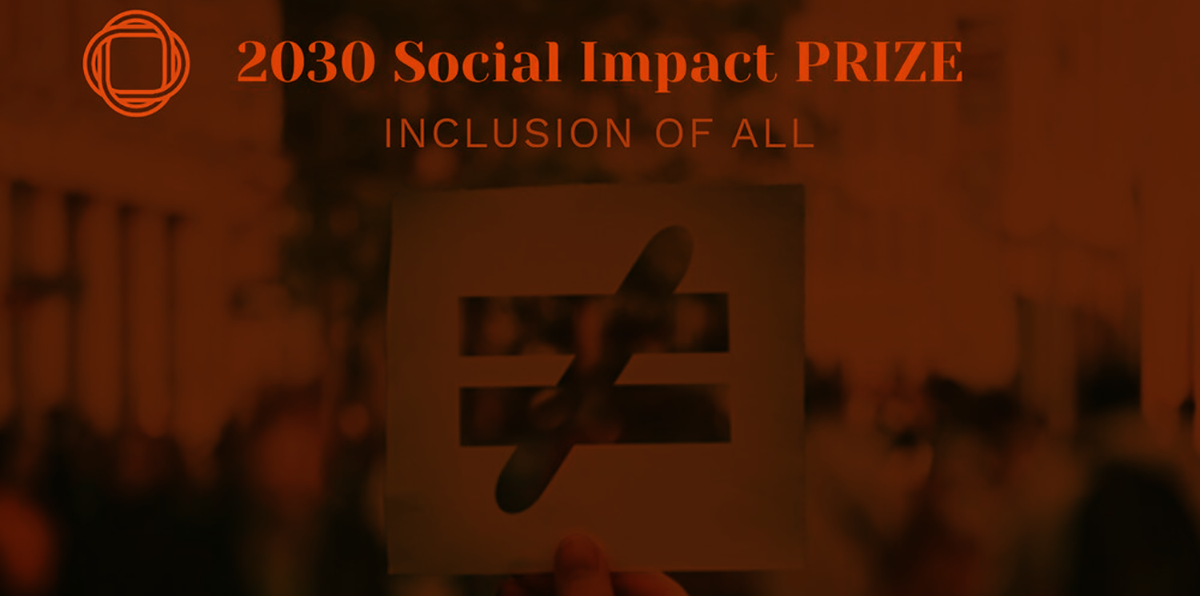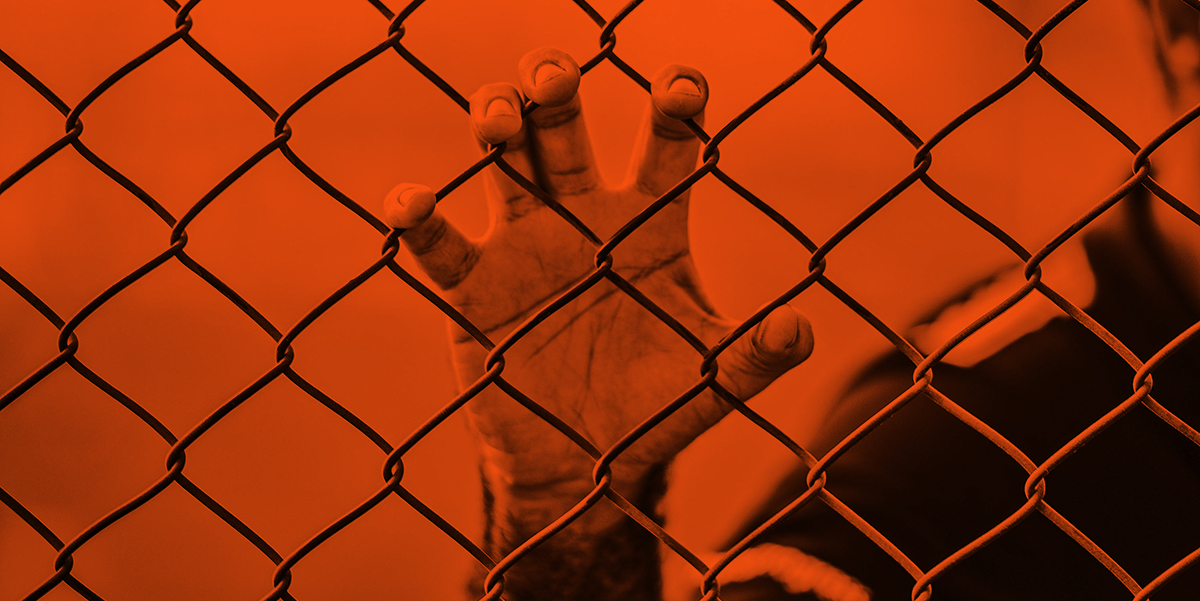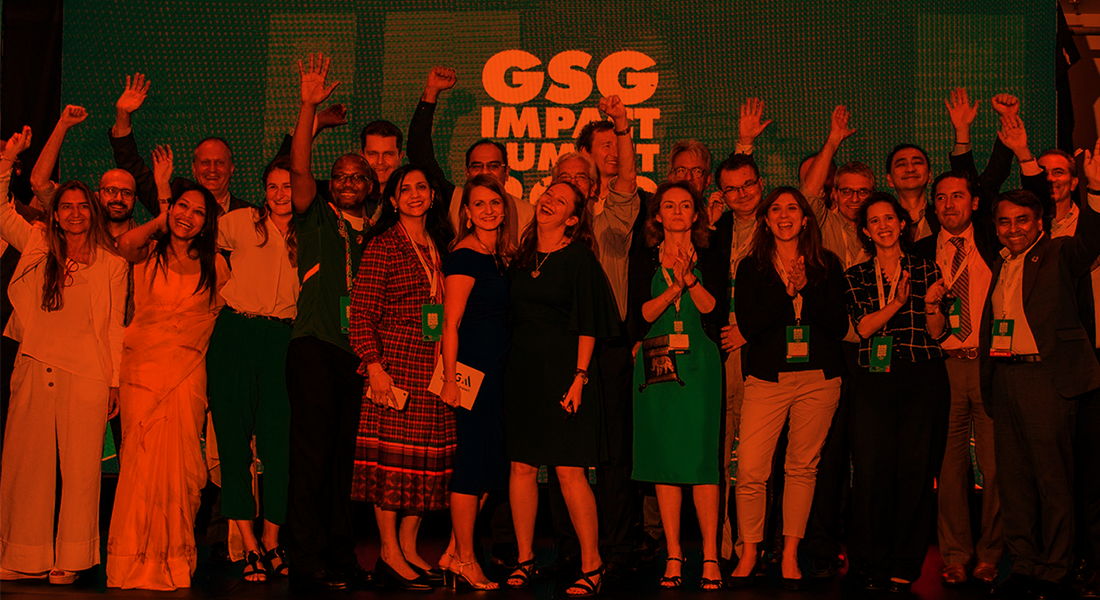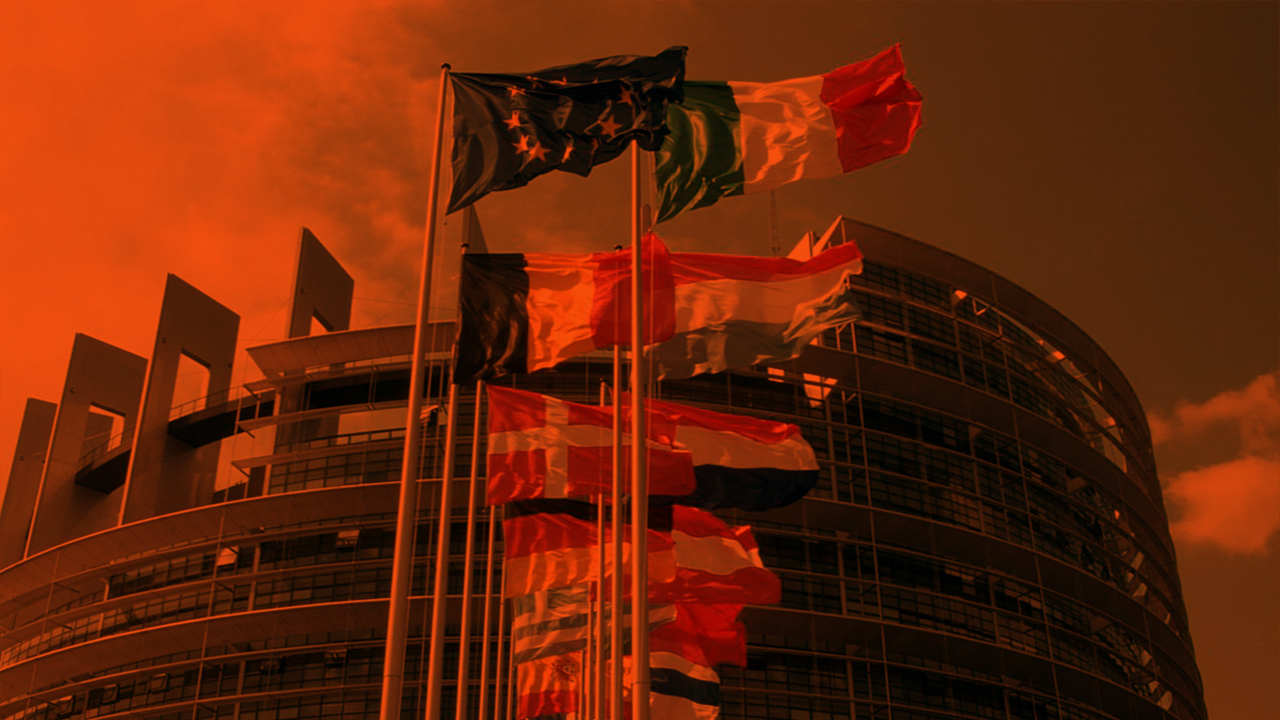A group of 30 large companies have spent over £250 million with social enterprises by bringing them into their supply chains through Social Enterprise UK’s Buy Social Corporate Challenge.
Launched in 2016, the Buy Social Corporate Challenge was set up to encourage corporates to use their everyday procurement spend to create positive social and environmental impact. Starting with seven founding partners the programme has grown to include 30 large businesses ranging from pharmaceuticals to finance who have collectively spent £255 million with social enterprises in the last six years with the overall goal being to get to £1 billion spend by 2026.
The money spent by corporates through the programme has helped create 2,700 jobs and has helped social enterprises increase their impact and access new markets. Through trading with Buy Social Corporate Challenge partners social enterprise suppliers have been able to reinvest approximately £26.5 million into the social or environmental missions.
The recent report of the activities argues that not only does buying from social enterprises make a positive social impact, but that it doesn’t have to cost more: 90% of corporate partners in the challenge reported that social enterprises were cost neutral or even cheaper when compared with other suppliers, while 95% said that social enterprises delivered comparable or higher quality.
Peter Holbrook, Chief Executive of Social Enterprise UK, said: “There is a group of businesses that are leading the way in leveraging their procurement in service of their purpose. The Buy Social Corporate Challenge (BSCC) partners are demonstrating effectively how their purchasing decisions can help them play their part in achieving a fairer and more sustainable economy”.
The corporate partners on the programme are Amey, AstraZeneca, Barclays, CBRE, Co-op, Compass/Foodbuy, Deloitte, EQUANS, GSK, John Sisk & Son Ltd, Johnson & Johnson, KPMG, Landmarc Support Services, Lendlease, Linklaters, LV=, Mitie, Motorola Solutions, Nationwide, Nestle, NFU Mutual, PwC, Robertson Group, SAP, Siemens, Sodexo, The Crown Estate, Wates Group, Willmott Dixon and Zurich.
You can read the full Report here
Archivio:

